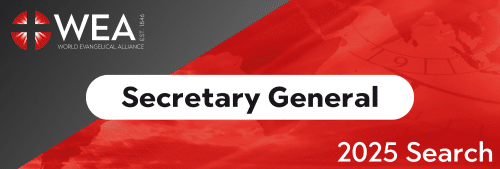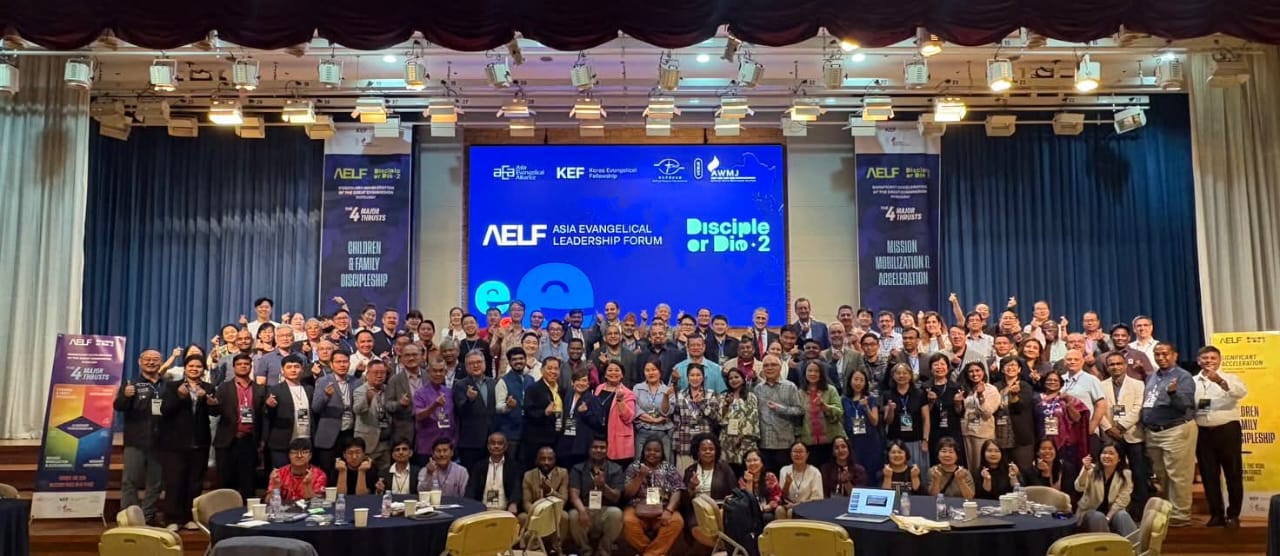Russian police demolished Holy Trinity Pentecostal Church in Moscow last month. The members of the church now gather near the ruins for worship, bearing testimony to the continued persecution of "non-traditional," or disfavored, religious groups after President Vladimir Putin assumed office about five months ago.
It is estimated that 90 percent of ethnic Russians – and around 70 percent of all Russian citizens – identify themselves as Orthodox. Since the collapse of the USSR in 1991, Russians have closely associated Orthodoxy with national identity, replacing socialism with Orthodoxy. However, people's association with the Russian Orthodox Church is apparently more symbolic than representative of their commitment to the substance of the faith. This is perhaps why the church attendance is extremely low.
Russia's 1993 Constitution states that all religious associations are equal before the law. However, the preamble of the Law on Freedom of Conscience and Religious Associations, enacted in 1997 under President Boris N. Yeltsin to define the state's relationship with religion, says respect should be accorded firstly to Orthodoxy, and secondly to Islam, Judaism, Buddhism and [non-Orthodox] Christianity.
Non-Orthodox Christian groups in Russia are seen as rooted in the United States in particular and the West in general, and competing with the Orthodox Church for membership. And both the government – for which a key priority is to protect "Holy Russia" from "foreign devils" – and the Orthodox Church, which is allegedly closely associated with the government, are anti-West.
The Russian government also seeks to restrict the functioning of independent organizations that are not allied with it or show any sign of dissent.
The relationship between the Kremlin (the official residence of the President) and the Orthodox Church is partly based on their common nationalistic ideology which seeks to restore Russia’s might after the Soviet Union's fall. The 1977 law on religious associations, commonly known as the religion law, was enacted at a time when missionaries from Protestant faiths in the West began working in Russia after the collapse of the Soviet Union.
The Russian Orthodox Church was born in 988 AD with Prince Vladimir being baptized in the River Dnieper with all the inhabitants of Kiev. Since the conflict between the Patriarch of the East and the Pope of the West was at peak at the time, the Russian Church and people inherited the Eastern Church's antagonism to Rome and the West and shared its isolation from the Renaissance, the Reformation and the rise of modern concepts of social Christianity, explains a 1961 article by Paul B. Anderson in the Foreign Affairs magazine.
"Instead, the Russian Orthodox Church entered the twentieth century with the religious outlook developed no later than the Seventh Ecumenical Council, held in 787," Anderson adds. "The Russians claim with pride that the Orthodox Church is the true Church of the Apostles, the Scripture, the creeds and the canons accepted in the first seven Councils, and they look gingerly at all other churches, which, they say, separated from it at the time of the Great Schism."
At an event in May this year, which was part of the Council on Foreign Relation's (CFR) Religion and Foreign Policy Conference Call series, Leonid Kishkovsky, director of external affairs and interchurch relations for the Orthodox Church in America, spoke about the relations between the Russian Orthodox Church and the Kremlin as they exist today. He noted that during protests against Putin's candidacy for re-election in February, the head of the Russian Orthodox Church, Patriarch Kirill, said the government must listen to the people and society, "putting himself in a mediating role." And soon after that, the Patriarch supported Putin's candidacy. Patriarch Kirill described Putin as "naturally the presidential candidate with the best chances" and praised him for playing a role in correcting the course of Russian history.
Patriarch Kirill recently said that close ties between the church and the state were good for society. "The institution of power appeared in the world, in a society prone to sin, to safeguard this society so that people could live together," Reuters quoted the Patriarch as saying in a speech at Moscow State University on Sept. 28. "So, clear and very definite support by the Orthodox Church for the institution of state authorities does not amount to an assessment of this or that politician or state figure by every representative of the church," he added. "But it is indispensable to understand that safeguarding the institution of power is a guarantee of a flourishing society."
At the CFR event, Kishkovsky also said that Orthodoxy is in the public square in Russia today, adding that there are tensions between the Russian Orthodox Church and "non-traditional" groups. "Extremism is seen as a characteristic of activities of some 'non-traditional' religions," he said. The Orthodox Church does not happily accept the presence of "non-traditional" groups in Russia, and "non- traditional" groups have also been extremely aggressive against the Orthodox Church, he added. It is easier to have an inter-faith dialogue in the country than an inter-Christian dialogue, he went on to say.
The Russian Orthodox Church is definitely not monolithic, but some influential leaders of the church are known for their open advocacy against non-traditional faiths. For example, Alexander Dvorkin, who heads a council of experts for conducting state religious studies expert analysis, was an outspoken proponent of categorizing minority religious groups, including neo-Pentecostals, as "extremist cults" and "totalitarian sects," according to Forum 18.
Persecution of non-traditional groups is likely to remain, or even grow, under Putin. While President Dmitry Medvedev, in office from 2008 until the March 2012 election, strengthened the role and influence of the Orthodox Church in society, Putin is further urging the state to favor "traditional religions," indicates a recent, detailed survey by Forum 18. "Yet having obtained what he needed – support from religious leaders during the crucial run-up to election – it remains to be seen whether he [Putin] will deliver on such promises [referring to Putin's January manifesto article which argued that state and society should support the role of 'traditional religions' in the military, educational and social spheres.]. Even if not, Putin's position still amounts to greater patronage of 'traditional religions' than during his previous presidential terms, as he has not contested the substantial gains made by the Patriarchate during his (nominal) absence from the Kremlin."
As Kishkovsky said at the CFR event, a serious and intense debate is taking place within the Russian Orthodox Church on various issues, including its association with the Kremlin and the treatment of non-traditional groups, which raises the hope for religious freedom for all groups in the future. In the meantime, international groups could also engage the Russian church's leadership, urging it to dialogue with "non-traditional" groups.
World Evangelical Alliance (WEA) Religious Liberty Commission (RLC) sponsors this WEA-RLC Research & Analysis Report to help individuals and groups pray for and act on religious liberty issues around the world. WEA has a consultative status with the UN Economic and Social Council.
This report was researched and written by Fernando Perez, and moderated by the WEA-RLC Executive Director, Godfrey Yogarajah. It can be used for distribution or publication with attribution to WEA-RLC.





Stay Connected